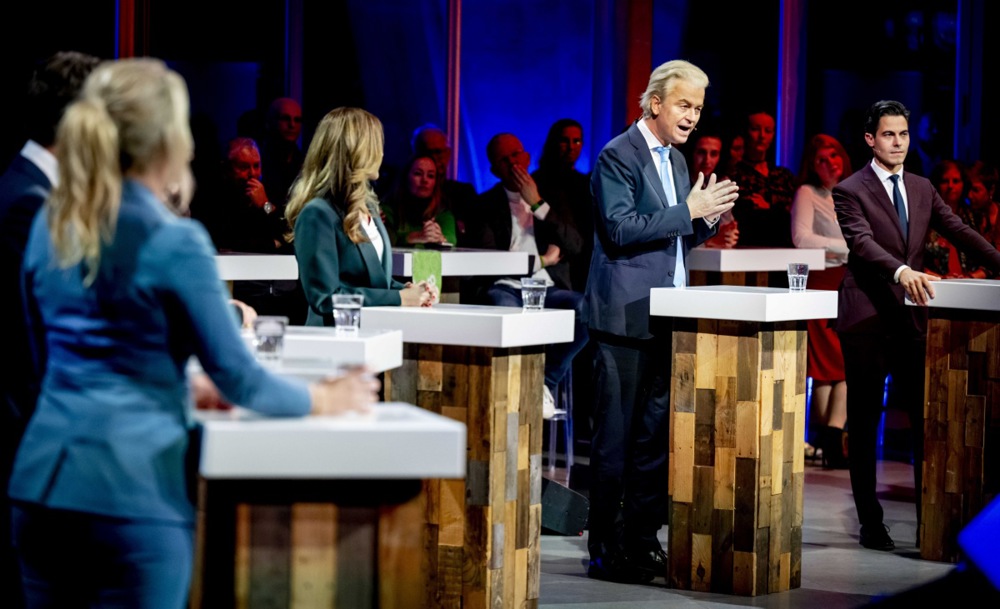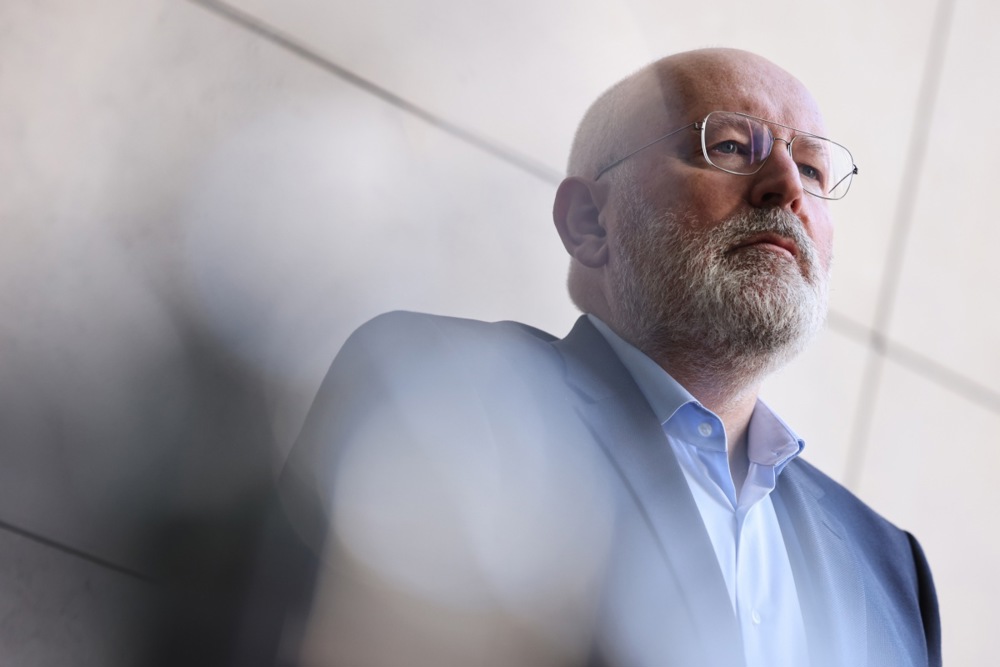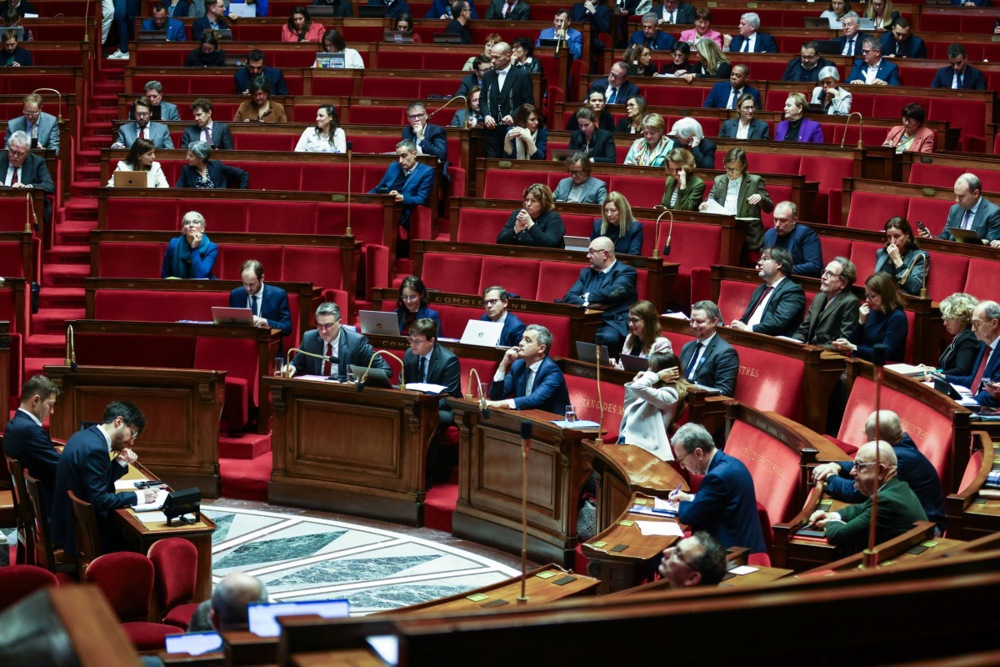A majority in the Dutch Parliament voted to strive for an opt-out on migration and asylum policy-making in future European negotiations.
The Party for Freedom (PVV), New Social Contract (NSC), Farmer–Citizen Movement (BBB) and the People’s Party for Freedom and Democracy (VVD), four parties expected to form a new right-wing Dutch government, voted in favour of the motion calling for the opt-out.
They want an exception clause along the lines of the one Denmark has.
Geert Wilders, leader of the Party for Freedom (PVV) that won a landslide victory in the Dutch elections on November 22, was jubilant at the result, calling it “historic”.
The Dutch vote is seen as a reaction to a European Parliament decision in November that approved plans, put forward under the leadership of Euro-federalist Guy Verhofstadt, to remove the national veto for European Union Member States. Those plans will require an EU Treaty change to be implemented.
Verhofstadt said that the primary aim of the Parliament’s work was to rid the EU of “disastrous” unanimity voting.
Negotiations about opt-outs have been pushed forward by both the European Conservatives and Reformists Group (ECR) and Identity and Democracy Group (ID) in the Strasbourg-based parliament. Both are highly critical of Brussels’ current plans regarding migration as outlined in the controversial EU Migrant Pact.
Denmark was able to adopt one of the most stringent migrant and asylum policies in the EU after its people voted for an opt-out from the EU’s Justice and Home Affairs in light of the ratification of the Maastricht Treaty in 1992.
Thanks to that vote, Denmark does not participate in EU immigration and asylum policy-making. It does adhere to the Geneva Convention and the European Convention on Human Rights.





